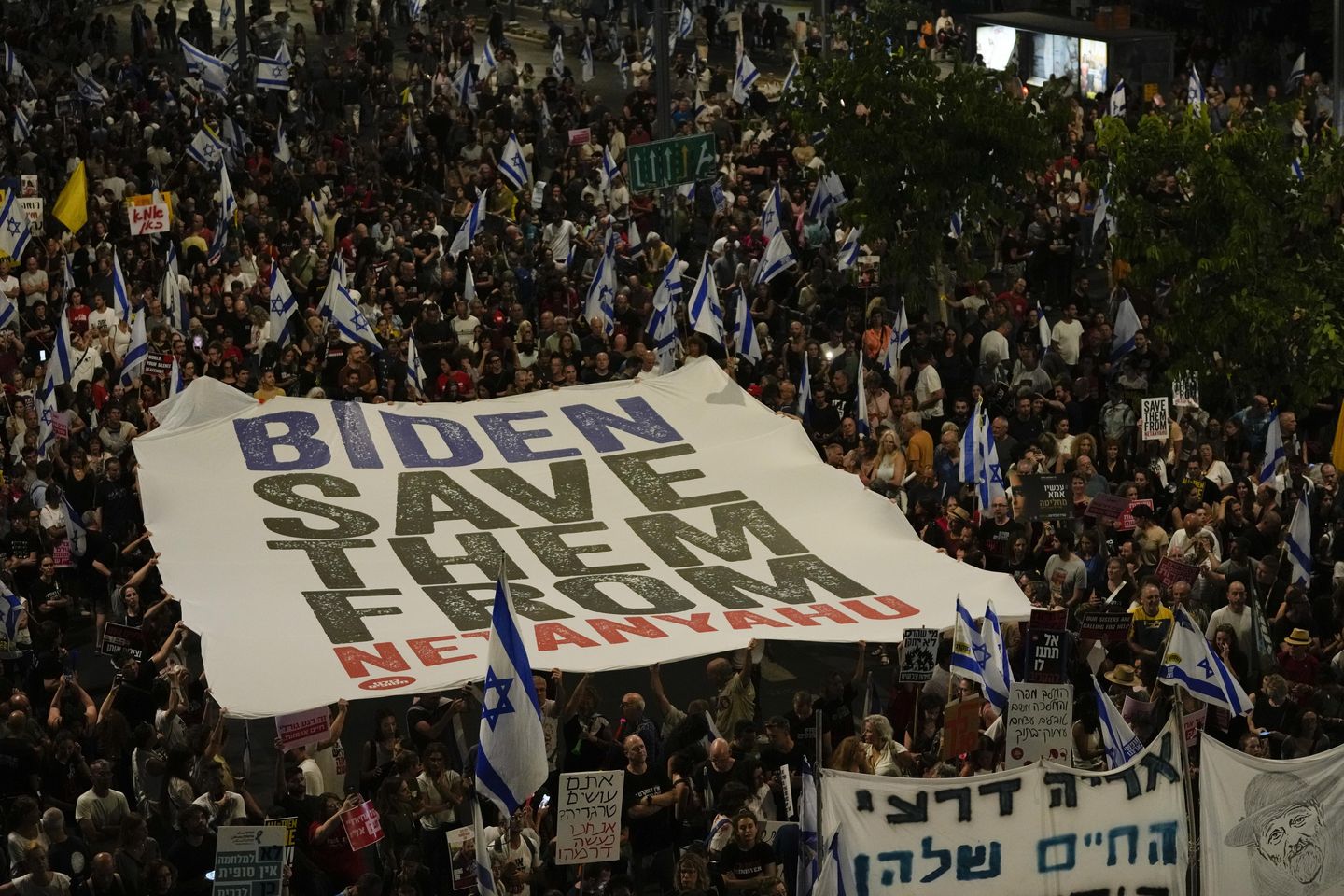Israeli Prime Minister Benjamin Netanyahu is currently under pressure from multiple directions as the Biden administration urges him to accept a ceasefire deal to end the conflict in the Gaza Strip. However, Netanyahu is facing resistance from some of his far-right allies who have threatened to dismantle the government if he agrees to the proposal. This puts Netanyahu in a difficult position as he navigates between international pressure for a ceasefire and domestic political challenges.
The conflict in the Gaza Strip has escalated in recent days, with ongoing violence leading to a high number of casualties on both sides. The Biden administration has been actively involved in trying to broker a ceasefire deal between Israel and Hamas, the militant group that controls the Gaza Strip. The administration’s pressure on Netanyahu to accept the ceasefire reflects a broader international effort to end the violence and prevent further loss of life.
Despite the international pressure, Netanyahu is facing internal opposition from his far-right allies who are opposed to a ceasefire deal. These allies have threatened to dismantle the government if Netanyahu agrees to the proposal, indicating the political challenges he faces in trying to reach a resolution to the conflict. This internal opposition adds another layer of complexity to the situation and highlights the difficult balancing act Netanyahu must perform in order to navigate both domestic and international pressures.
The threat of a government collapse adds to the already tense political climate in Israel, where Netanyahu is facing challenges on multiple fronts. In addition to the conflict in Gaza, Netanyahu is also dealing with a political crisis at home, as he faces corruption charges and struggles to maintain his grip on power. The threat of a government collapse over the ceasefire deal further complicates an already volatile political situation and raises questions about Netanyahu’s ability to effectively lead the country during this challenging time.
As the situation in Gaza continues to escalate and the pressure on Netanyahu mounts, the Israeli Prime Minister faces a critical decision that will have significant implications for the future of the conflict. Balancing international pressure for a ceasefire with domestic political challenges, Netanyahu must navigate a complex political landscape in order to reach a resolution that will bring an end to the violence and prevent further loss of life. The outcome of this delicate balancing act remains uncertain, but the stakes are high as Netanyahu grapples with the competing pressures and priorities that are shaping the conflict in the Gaza Strip.









